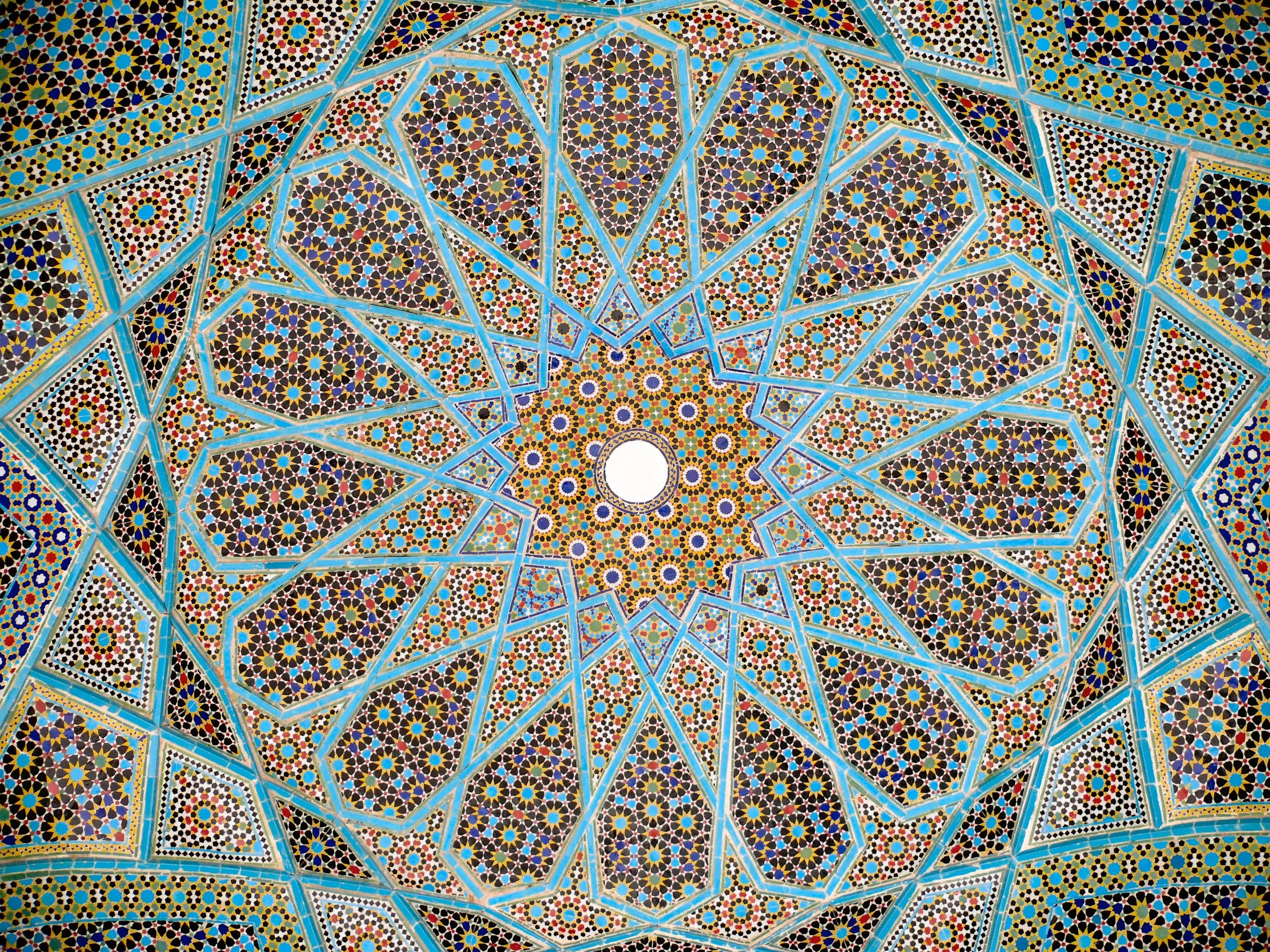Pt Two of The Workplace Survival Series: Understanding Cultural Awareness in The GCC
Question: What is a more accurate metaphor of the UAE and the Gulf region’s demographic and cultural mix, a vegetable soup or a fruit salad?
I often pose this question in the workshops i deliver on cultural awareness and integration skills.
While the question might seem weird to most of you, however, my purpose behind it is to challenge the common perception that the country is a ‘melting pot’. Something i have been hearing in advertisements, public forums and people i've come across in the country.
I've always argued that the UAE specifically, and the gulf region in general is anything but a melting pot! The sooner we recognise and embrace this reality, the better prepared we are to live, work and possibly thrive in a fast growing and changing region.
Still need more convincing about what my viewpoint on this? Take a drive across the roads of Abu Dhabi, Dubai and Sharjah during peak traffic hours.
Experienced drivers cannot deny the fact that they often assume what nationality, gender and age group another driver is simply based on the way they drive.
That speeding white and tinted Landcruiser flashing you with his/her headlights in the back to coerce you away from the fast lane? You think “He must be a ….”.
That salon driving 80 on a 120 km/hr lane, hitting the brakes on the first sight of a radar or a ‘Salik’ toll gate (Why even do that?). You murmur to yourself angrily “He/She must be a ….”.
Dubai during rush hour traffic is a clear demonstration of cultural mix and at times clash.
Another place where you can observe the cultural dynamics among people in the region is the typical workplace of private sector companies.
Observe the interactions between employees in a typical workplace in the UAE, you’ll probably notice that different cultures in the same workplace approach work differently.
These two examples I just cited, and I am sure there are countless othersout there, often act as a stage where cultural differences -and cultural clash at times- play out between people from different backgrounds.
This should not be seen in negative light. I argue that it is a natural outcome of migration to a region that attracts different nationalities. A region that still maintains the underlying culture that is represented by a local culture that is mostly a minority in their own country.
A melting pot implies the dominance of a single culture that absorbs and homogenizes all others, erasing distinct identities and forcing assimilation.
This notion or pursuit has become increasingly contentious, especially among certain political groups and segments of society in the West who oppose migration and advocate for a dominant culture, language, and identity to supersede all others.
This is a policy the UAE and other gulf countries does not seem to be interested in pursuing, even though each one of the GCC countries continue to work towards preserving their own national identity and local culture.
The fact remains that the cultural dynamic in the gulf region is diverse, and mostly operates in harmony with each other while keeping their distinct flavour of culture, values and attitudes.
Just like a fruit salad with its mix of different fruits, and unlike a bowl of vegetable soup where there is not a distinct flavour of an ingredient.
The significance of this analogy’s message cannot be overstated. It needs to be acknowledged by people, decision-makers and employers.
I have seen so many expats -new and old residents - as well as locals fall in to the misconception that there is a one overriding culture that dictates how people interact with each other and how things are done in society, or a marketplace or a typical workplace.
This is a fallacy that often sets people up for frustration that leads to a build up of growing contempt and in many instances demoralisation. You can see some of that contempt expressed on social platforms like Reddit and other social platforms.
They come mostly from people who either left the country after an unsuccessful attempt to build a suitable livelihood here, or from people who have never lived in the country before.
“The UAE especially is not a melting pot, but more of a colorful mosaic—where each cultural tile retains its distinct shape, color, and texture, contributing to a vibrant whole without losing its identity.
The UAE culture can be best described as a colourful Mosaic, each tile is distinct, yet complement each other in harmony to make a beautiful picture.
Another key point I would also like to reiterate here is, there is good and bad everywhere, and in every piece of space with a diverse cultural mix, the mosaic nature of the culture means that neither experience can be generalised as to describe the overall culture and value-system.
This presents a unique opportunity to honor the deeply rooted collectivist nature of the local GCC society, while embracing the individualism introduced by a growing influx of global talent.
By acknowledging this critical yet simple fact, we can then as a result:
Recognise that there is an opportunity to develop new skills that will help us navigate cultural nuances, communicate more effectively and become more productive at work.
Develop an awareness that will help us be more prepared for the world of work, or the market place while setting for ourselves realistic expectations. This can help with our well-being, job satisfaction and happiness.
Learn to interact and engage better with the local population in a manner that respects their values and national identity, while potentially unlocking opportunities these relationships might bring.
Conclusion: The UAE and the GCC’s unique cultural mosaic isn’t a challenge to overcome—it’s a skillset to master. Those who invest in cultural intelligence, local culture understanding, empathy, and adaptability won’t just survive—they’ll lead, collaborate, and most likely thrive in one of the world’s most dynamic region.




